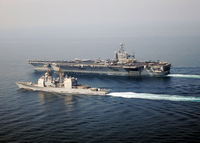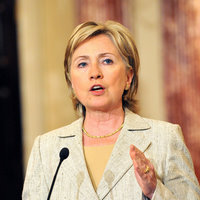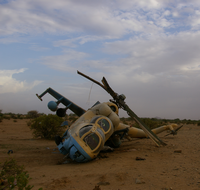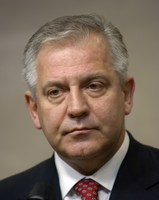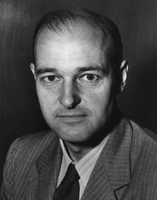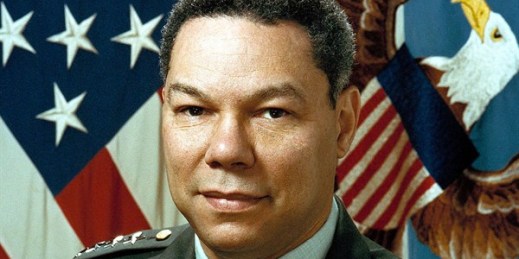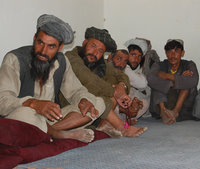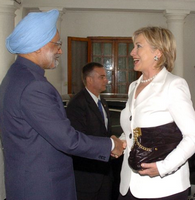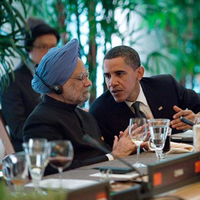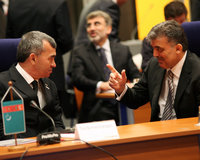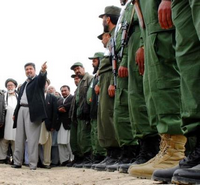
Editor’s note: Balint Szlanko’s WPR Photo Feature that accompanies today’s reporter’s notebook can be found here. WARDAK, Afghanistan — It was always going to be hard to get the Afghans — and especially the Pashtuns, the ethnic base of the Taliban — to cooperate with the corrupt and incompetent Afghan government in Kabul. One of the biggest tests, perhaps, is the effort to get people to join the recently established Afghan Police Protection Force (APPF), an armed neighborhood watch that is being piloted in Wardak province, before it is extended to other parts of the country. Setting up and arming […]

